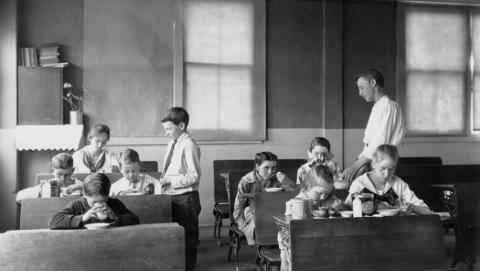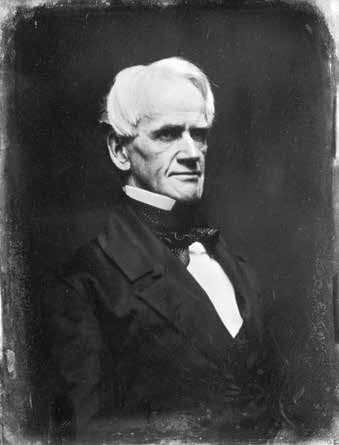History of Standardized Testing

Ralph Waldo Emerson’s poem “Concord Hymn” commemorated “the shot heard ‘round the world" in the clash between local militiamen and British troops that marked the start of the Revolutionary War in 1775.
But 70 years later, in nearby Boston, another shot was fired—figuratively speaking this time—that launched the war over standardized testing that continues today not only in the United States, but across the globe.
The man considered to be the Father of Standardized Testing in the U.S. is Horace Mann, who was secretary of the Massachusetts State Board of Education from 1837-48. Before 1845, oral examinations prevailed as the primary way to measure educational attainment in American schools.
 But Mann, after visiting schools in Europe in 1843, returned convinced that written exams were superior. He wrote: “When the oral method is adopted, none but those personally present at the examination can have any accurate or valuable idea of appearance of the school…Not so, however, when the examination is by printed questions and written answers. A transcript, a sort of Daguerreotype likeness, as it were, of the state and condition of the pupils’ minds, is taken and carried away, for general inspection.
But Mann, after visiting schools in Europe in 1843, returned convinced that written exams were superior. He wrote: “When the oral method is adopted, none but those personally present at the examination can have any accurate or valuable idea of appearance of the school…Not so, however, when the examination is by printed questions and written answers. A transcript, a sort of Daguerreotype likeness, as it were, of the state and condition of the pupils’ minds, is taken and carried away, for general inspection.
Instead of being confined to committees and visitors, it is open to all; instead of perishing with the fleeting breath that gave it life, it remains a permanent record. All who are, or who may afterwards become interested in it, may see it.”
In 1845, Mann had members of his Board of Education prepare and administer written exams to students in the Boston schools that the local schoolmasters had not seen. The examiners then used the test results to harshly criticize the teachers and the quality of education students were receiving. Teachers countered that the written questions had little to do with what students had been taught. In the resulting bitter clash, some teachers were fired and school board members were sent packing.
As historian William J. Reese, author of Testing Wars in the Public Schools: A Forgotten History, wrote in a New York Times essay: “What transpired then still sounds eerily familiar: cheating scandals, poor performance by minority groups, the narrowing of curriculum, the public shaming of teachers, the appeal of more sophisticated measures of assessment, the superior scores in other nations, all amounting to a constant drumbeat about school failure.”
Eerily familiar, indeed.